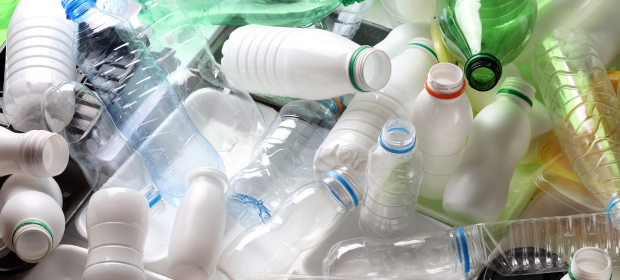Food packaging is a hot topic in the UK at the moment, with the spotlight firmly pointed towards our over-use of disposable products. In particular plastic bottles.
In the UK we are estimated to go through 36 million plastic bottles A DAY! And of these, 15 million are not recycled. So the Government are looking at ways to tackle this and reduce our reliance on plastic bottles and to encourage recycling of plastics in general.
In an ideal world, we would replace disposable containers with long-life reusable containers, and this is where it gets really exciting for those who understand how additives can help.
Additives are natural or chemical products which can be added to a material to improve that material’s performance. So you might add additives to make a material brighter, change its colour or texture, make it stronger or bendier, give it antimicrobial abilities, or make it resistant to water, for example.
So when we think about the additives available at Addi-tec, we can imagine some really groundbreaking possibilities.
How Additives Can Help Cut Plastic Use
So when going back to the plastic bottle problem, we can imagine non-disposable bottles and containers that are ready to be refilled in store as a great solution. The additives come in when we think about the nature of food and drink, and that microbes can thrive in an environment where solid and liquid foods are present.
So add an antimicrobial additive from our Sanitized® range to provide antibacterial, antifungal and antiviral qualities to your long-life food container. This additive makes the container easier to clean, no harsh chemical cleaning agents need to be used which is better for our health and the environment’s health too. Then re-fill with your food or drink product secure in the knowledge that everything is hygenic. In addition, Sanitized® can be used in any machinery that is providing a refill solution in stores.
How Additives Can Improve Food and Drink Shelf Life
Best before labels are here to stay, and for an important reason, safety is paramount and food and drink manufacturers need to be cautious to protect their businesses. But with UK households being estimated to throw away £19bn of food every year, clearly there’s room for improvement. Waste food from supermarkets and households is expected to have contributed over 20 million tonnes of greenhouse gas emissions.
So why on EARTH haven’t supermarkets considered additives in more of their packaging yet? Again, adding Sanitized® to containers, plastic films, boxes and bags could help keep food suitable for consumption for longer, not to mention on the shelves for longer! With most of the UK’s top supermarkets having signed a voluntary Courtauld to reduce waste by 20% by 2025, additives could provide a big portion of the change necessary.
Plus with the marketing assistance provided by Sanitized®, there is relatively little for UK supermarkets to do to get this strategy put into place.
In a recent C&EN (Chemical & Engineering News) article, top industry scientists were asked, ‘What Will Chemistry’s Next Big Thing Be?’ and Lili He from the University of Massachusetts department of food science responded with:
“A crucial challenge in future food production will be engineering preservation techniques to reduce food loss during storage. Chemists will develop more effective preservatives, and food chemistry will also transform processing and packaging techniques.
“For example, active packaging—in which chemical additives interact with contents—will provide additional protection against food spoilage and make shelf life traceable. This would be greatly appreciated to enhance global food production and security.
“All these reformulations of our food products require tremendous efforts from our food chemists.”
How Can You Use Additives In Your Food and Drink Packaging Now
The great news is the technology exists already, and it’s waiting for manufacturers to pick up and run with. At Addi-tec we see marketing professionals being especially important in driving this vital change.
Marketing can be such a driving force for positive change, it’s not always about sales, it’s about selling the brand and ensuring your brand is respected by customers. So we would encourage marketing professionals to get in touch and ask for more information about how additives can help them promote a better product and service while reaching for really important goals, such as reducing waste.
Marketers, imagine if your supermarket was the first to switch to 100% active-packaging cutting your waste and improving shelf life. You can be that driving force, contact our team today to get started.







